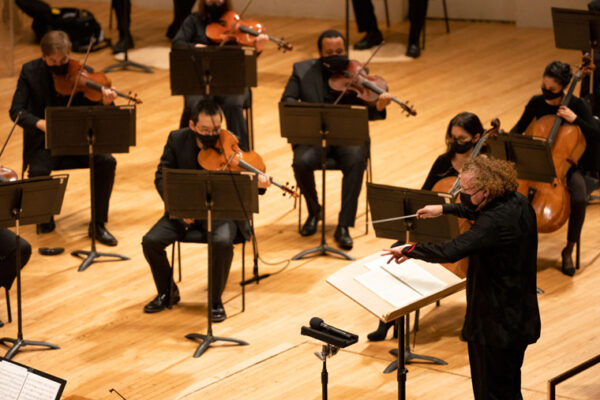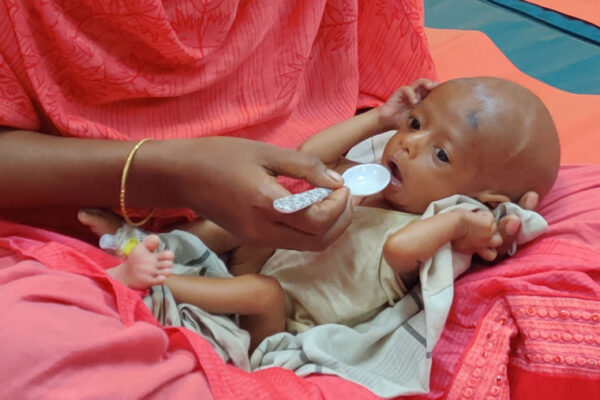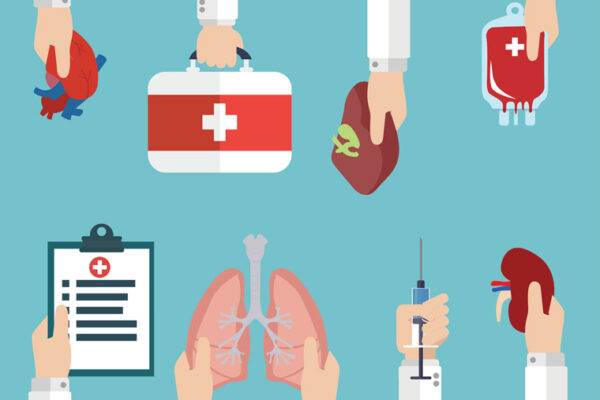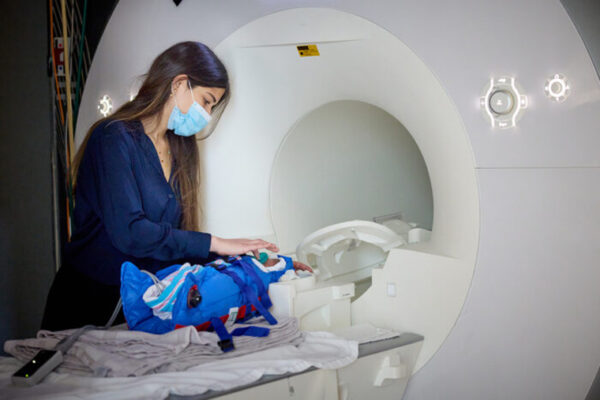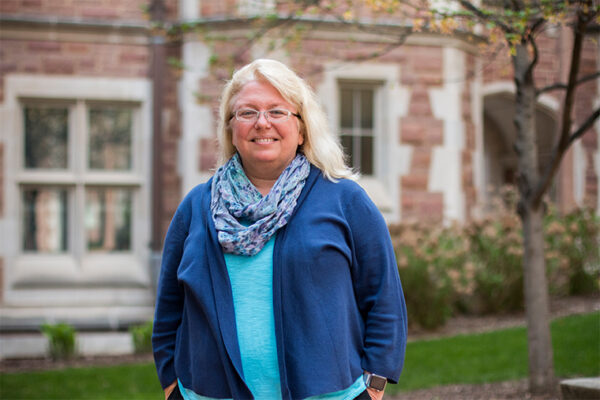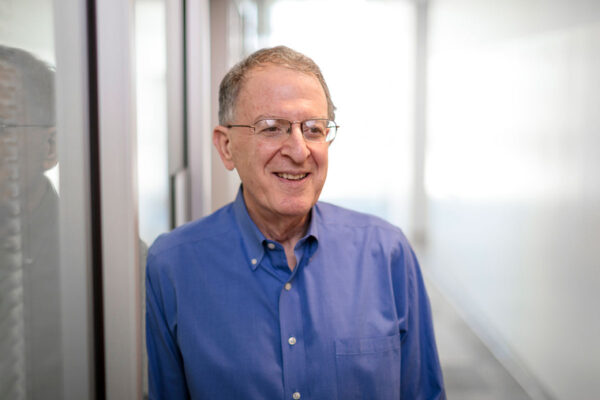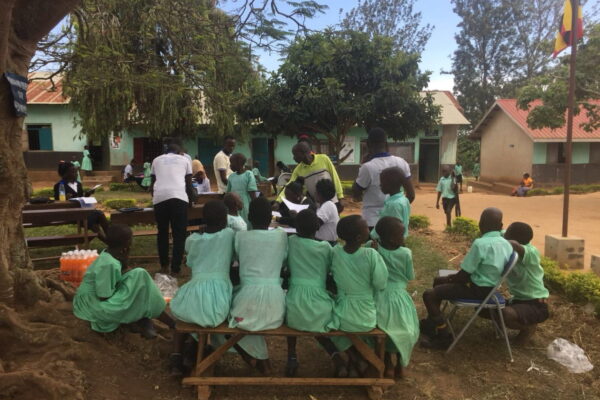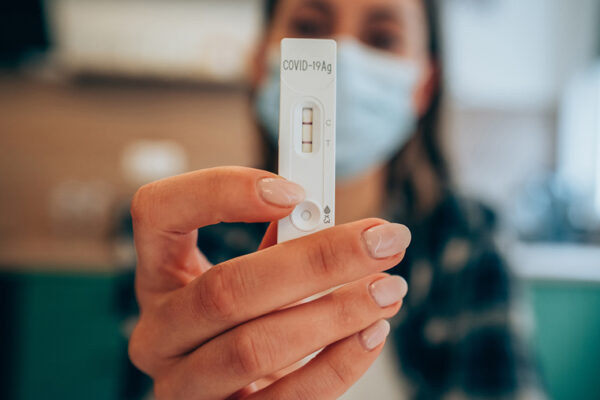Bringing joy to the community safely
WashU infectious diseases doctors and engineers have worked with the St. Louis Symphony Orchestra and other cultural institutions on how to safely reopen and continue performances following the COVID-19 pandemic global shutdown in 2020.
Gut bacterium supports growth in infants with severe acute malnutrition
A new study led by Washington University School of Medicine and the International Centre for Diarrhoeal Disease Research in Dhaka, Bangladesh, shows that a standard milk-based therapy plus treatment with a specific strain of gut bacteria reduces gut inflammation and promotes weight gain in infants with severe acute malnutrition.
Three doses of COVID-19 vaccine important for patients who undergo solid organ transplants
A new multicenter study that includes researchers at Washington University School of Medicine in St. Louis, the Centers for Disease Control and Prevention (CDC), and Vanderbilt University Medical Center shows that transplant recipients who receive three doses of COVID-19 mRNA vaccine have greater protection than that provided with two doses.
Poverty, crime linked to differences in newborns’ brains
Scanning the brains of newborns, researchers at Washington University School of Medicine in St. Louis have found that maternal exposure to poverty and crime can influence the structure and function of young brains even before babies make their entrances into the world.
Barch recognized for achievement, excellence
The Society for Research in Psychopathology has awarded its Joseph Zubin Lifetime Achievement Award to WashU’s Deanna Barch in recognition of her lifetime contributions to the understanding of the field.
NIH funds Barch research on neurodevelopment
WashU’s Deana Barch will use a $753,181 grant from the National Institutes of Health (NIH) to better understand healthy neurodevelopment.
Gordon receives scientific innovator award
Gut microbiome pioneer Jeffrey Gordon, MD, of Washington University School of Medicine, is the 2022 Senior Scientist Winner of the Innovators in Science Award. The award recognizes his outstanding contributions to the field of gastroenterology.
ICHAD receives $5 million NIH grant for global health research
The International Center for Child Health and Development at the Brown School has received a five-year $5 million Launching Future Leaders in Global Health training grant from the National Institutes of Health (NIH).
NIH funds English, Thompson research into emotion
The National Institutes of Health (NIH) awarded funding to Tammy English and Renee Thompson in Arts & Sciences for research to better understand emotion and aging.
COVID-19 infection linked to higher risk of neuropathy symptoms
Researchers at Washington University School of Medicine have found that many people who tested positive for the coronavirus in the early months of the pandemic also experienced peripheral neuropathy — pain, tingling and numbness in the hands and feet — during and following their bouts with COVID-19.
Older Stories
